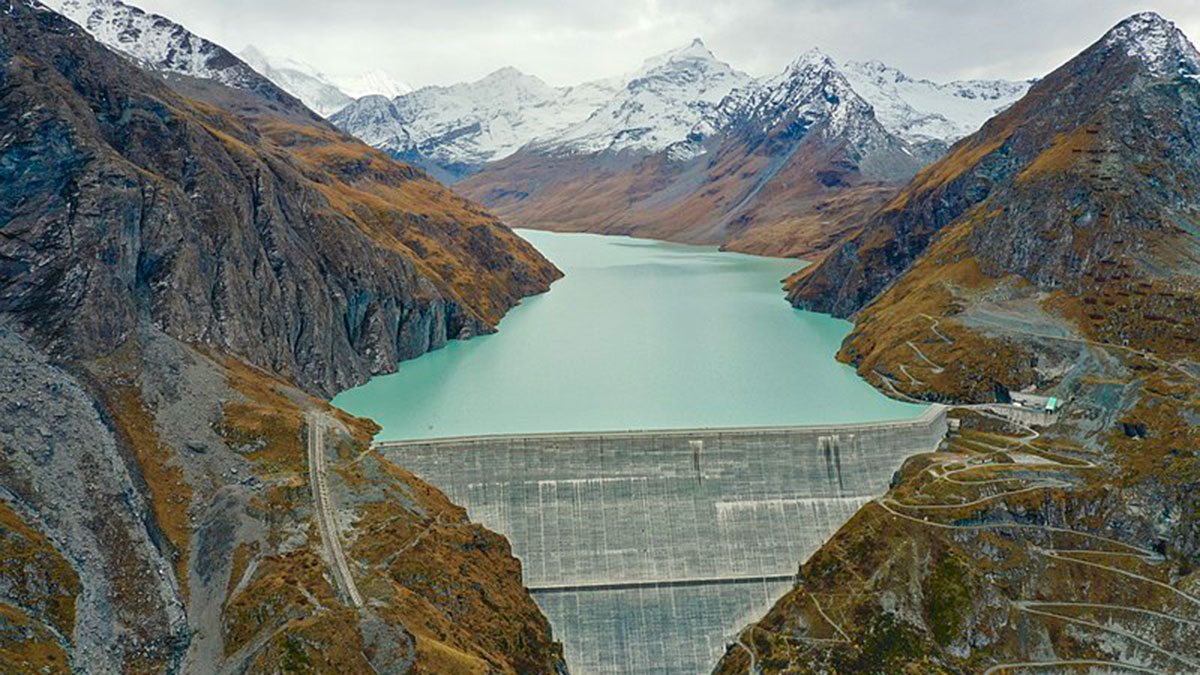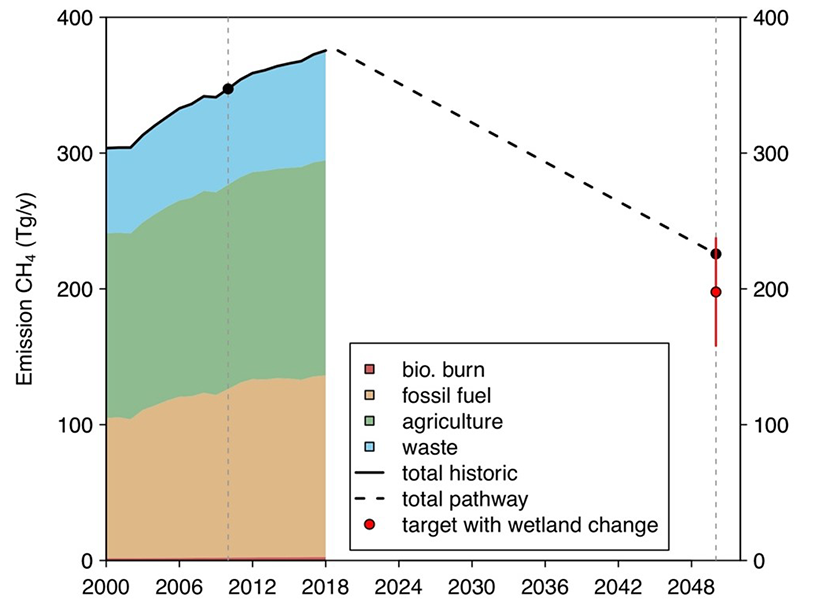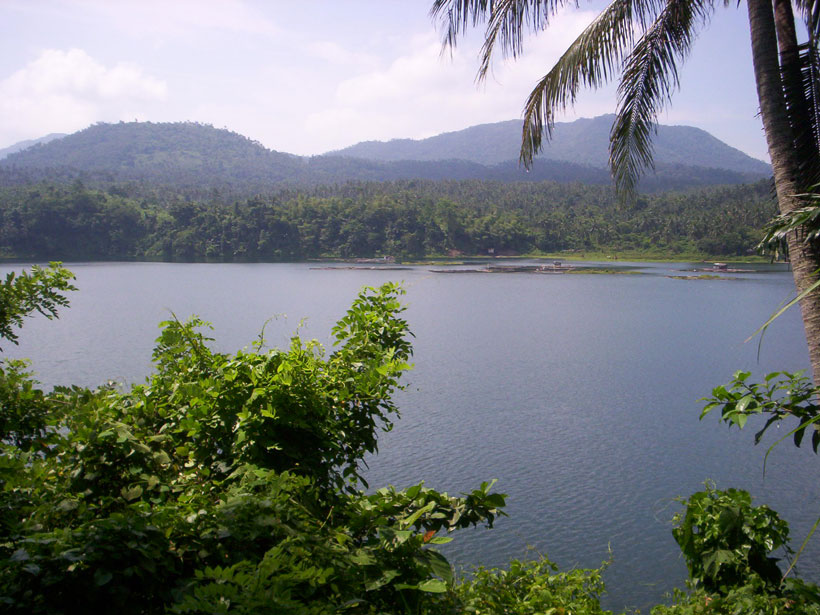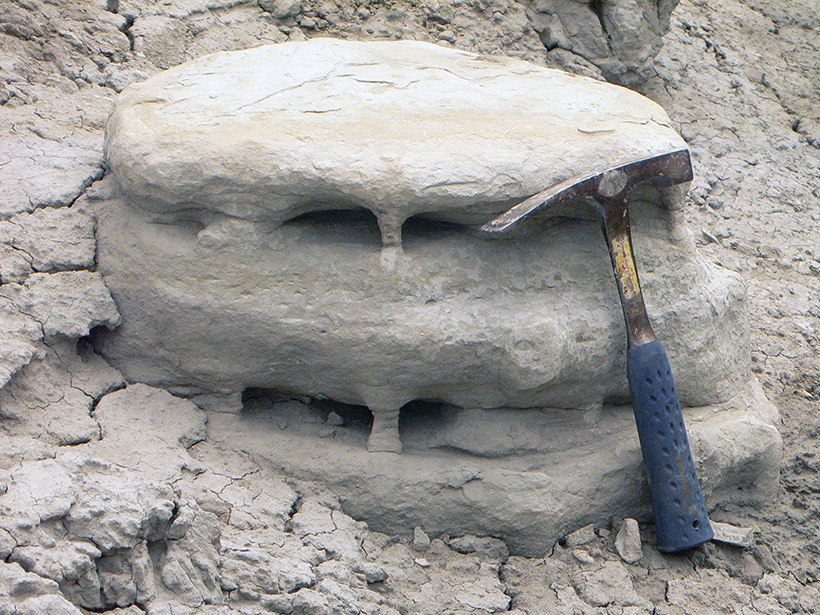A curious breath-like pattern exhibited by gas hydrates may help forecast hazards associated with extracting them from the seafloor.
methane
Researchers Zero In on Methane Released from Reservoirs
Using new methods, researchers can estimate how much methane is released each day from reservoirs—an important step in estimating global methane emissions.
Bottom-up Meets Top-down Estimates of Wetland Methane Emissions
An innovative integration of models and satellite observations indicates weak temperature sensitivity of CH4 emissions from tropical wetlands, but temperature sensitivity is high at higher latitudes.
NEON Lights a Path for Sustained Ecological Observations
Resources and data offered by the National Ecological Observatory Network are supporting researchers investigating critical ecosystem changes across the country.
What’s the Beef About Methane?
Progress has been made to reduce methane emission intensity from livestock (the amount of methane per unit of protein), but where are the greatest opportunities to reduce this methane source further?
Tropical Lakes May Emit More Methane
Fresh waters are one of the primary sources of natural methane emissions, but methane dynamics in tropical lakes are not as well understood as those in more temperate regions.
A Massive Methane Reservoir Is Lurking Beneath the Sea
Scientists have found a methane reservoir below the permafrost seabed of the Laptev Sea—a reservoir that could suddenly release large amounts of the potent greenhouse gas.
Coastal Flooding Enhances Methane Buildup in Forests
Increased seawater exposure from flooding and storms is altering how coastal forests cycle methane, leading to more greenhouse gas accumulation in tree stems and soil.
What a New Executive Order Means for Curbing Methane Emissions
Biden’s executive order calling for consideration of new methane regulations comes on the heels of a new global analysis of the fuel’s impact on climate change.
Oceanic Changes Correlate with Methane Seepage
Changes in sea level and organic carbon burial may have affected seafloor methane seepage over the past 150 million years.










